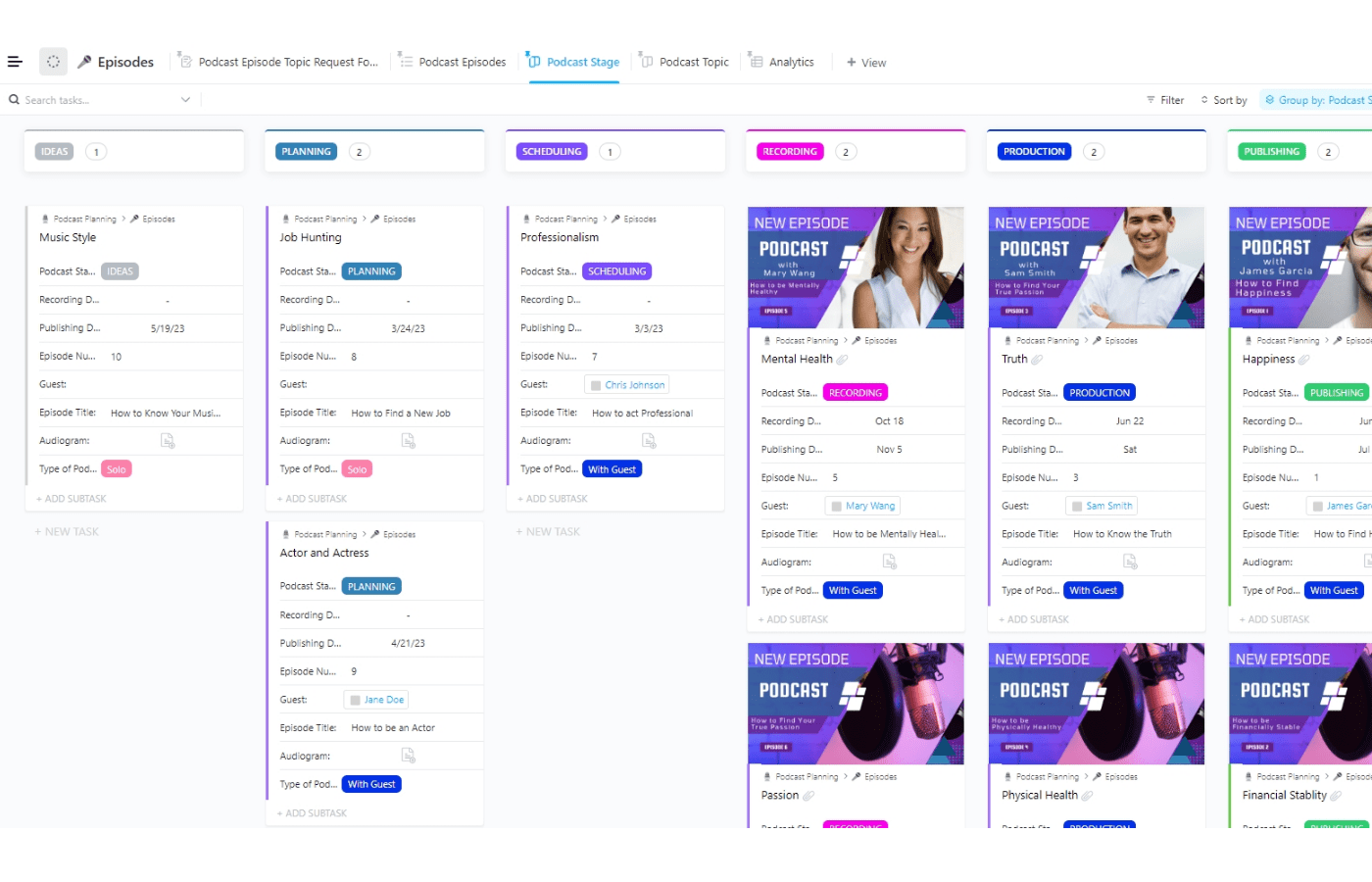At some point, most project managers realize they have to achieve the PMP Certification to stand out. That’s because PMP certification is the accepted standard in the PM field. Passing the Project Management Institute’s Project Management Professional will take quite a bit of work. But you can do it. Here’s how.
Key Takeaways
How Long is The PMP Exam?
First things first. It takes quite some time to prepare for it. On average, you need at least half a year if you study on a regular basis. The exam has 180 questions and you have less than 4 hours to answer them all. Which means, that you have 1 minute 20 seconds per question.
Read More: When is the Right Time to Get a PMP Certification?
Why Do People Fail the PMP Exam?
So, why do most of the candidates fail the first time they take the exam?
According to statistics, nearly half of first-time candidates do not pass the exam. It might come as a surprise, as all of the people present in the PMP examination room are already project managers. In fact, you need at least three years of project management experience just to be allowed to sit for the exam.
From my personal experience, the most common reason for failing the exam is the lack of practice in answering the questions.
Keys to Ensure Success
Candidates may know the theory, and they may have real-world practice. have real practice, but 80 seconds per question at most means that you have to scan the question and answer, scan and answer. That’s a lot of focus in a less-than-four-hour time span.
If you don’t practice enough to answer those questions fast, you will be shocked and exhausted on the day of the exam. Some of the questions are very long with extraneous information and you can easily lose track of the scenario of the question while you are reading it.
Realistically, you have no absolutely time to read a question twice. The trick is when you see a very long paragraph, you start with the last sentence of this paragraph, with the actual question. Then you read the answers. Then, and only then you read the whole paragraph. This method helps to sort out important information from extraneous information. Also, it will make the reading of the paragraph easier and more effective.
The method presented above will not work with every question. There are formula-based questions, situational questions, knowledge-based questions, interpretational questions, specific technique questions, and general PM knowledge questions taken from the Project Manager’s Book of Knowledge.
Given this wide spectrum of subject matter, your goal should be to train yourself to answer question after question, using different reading techniques.
Consider the CAPM
The PMI’s Certified Associate in Project Management (CAPM) can be a great place to start your path to the more rigorous PMP. The certification is designed to prepare entry-level and aspiring project managers on the path toward a successful project management career.
Practice Is Critical
The only way to get this experience and find your ways of dealing with various types of questions is to practice, practice, and practice. Find all available sample questions out there and answer them. Then do them again.
While there are countless videos, free, and freemium online test prep courses, investing in a reputable exam prep course, like those listed on the Project Management Institute’s website, or those available through Master of Project Academy.
With diligent study and practice, you’ll when you are ready to schedule your exam and nail it. Do not rush into it right after reading a theory book or taking a few days’ course. You might be a great project manager, but getting your PMP Certification will take effort and time. I hope the experience I wanted to share will be valuable and I wish you all good luck in your endeavors.





